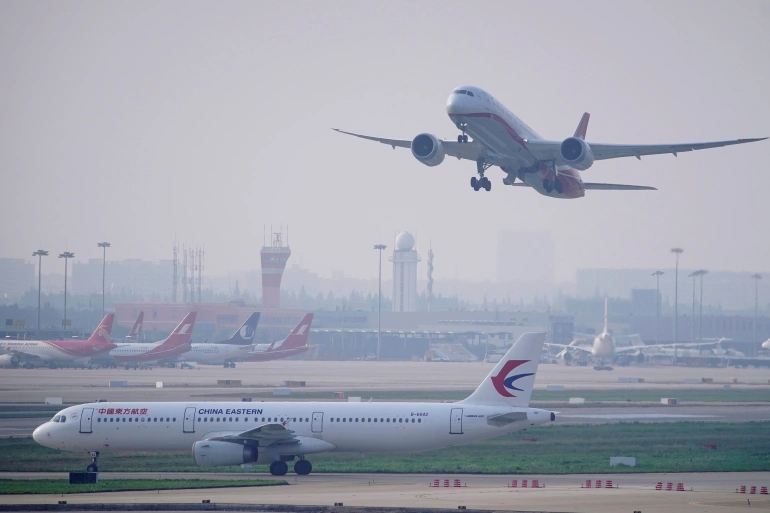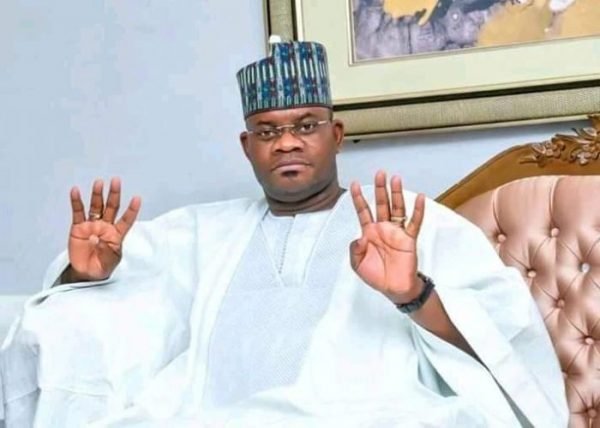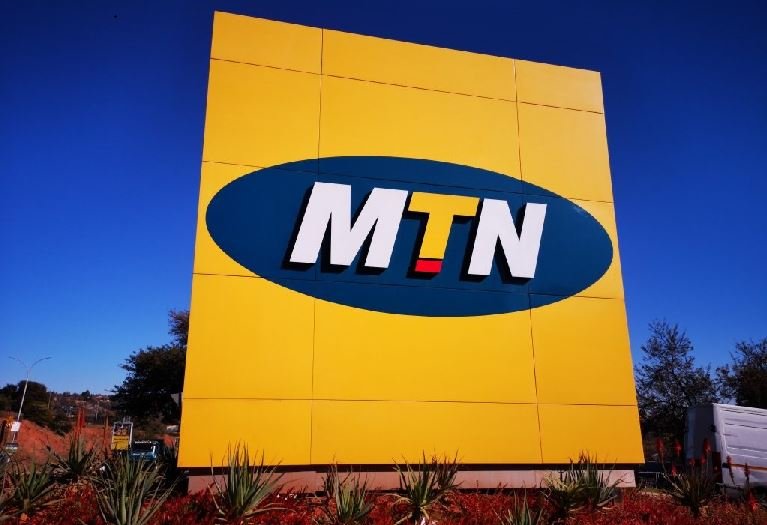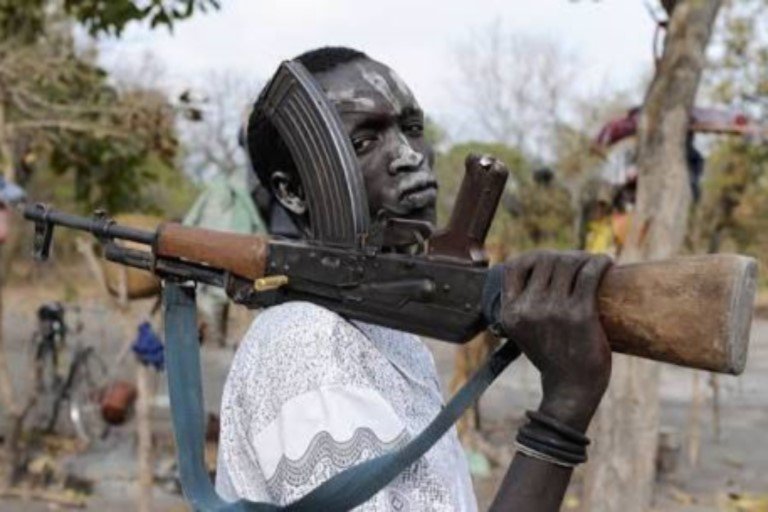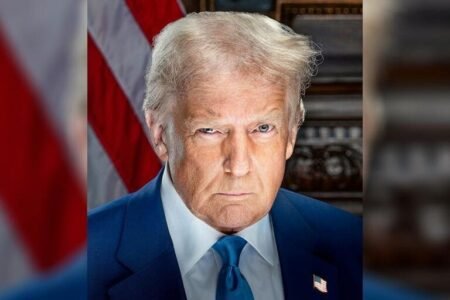The United States will send nearly 3,000 extra troops to Poland and Romania to shield Eastern Europe from a potential spillover from the crisis over the massing of Russian troops near Ukraine, US officials said on Wednesday.
Russia has denied plans to invade Ukraine but signalled it was in no mood for compromise on Wednesday by mocking Britain, calling Prime Minister Boris Johnson “utterly confused” and accusing British politicians of “stupidity and ignorance”.
Moscow has deployed more than 100,000 troops near Ukraine’s borders and says it could take unspecified military measures if its demands are not met, including a promise by NATO never to admit Kyiv.
A Stryker squadron of around 1,000 US service members based in Vilseck, Germany would be sent to Romania, the Pentagon said, while around 1,700 service members, mainly from the 82nd Airborne Division, would deploy from Fort Bragg, North Carolina, to Poland. Three hundred other service members will move from Fort Bragg to Germany.
US President Joe Biden said the deployment was consistent with what he had told Russian President Vladimir Putin: “As long as he is acting aggressively we’re going to make sure we can reassure our NATO allies and Eastern Europe that we’re there,” he said, according to media reports on Twitter.

The objective, Pentagon spokesperson John Kirby said, was to send a “strong signal” to Putin “and frankly, to the world, that NATO matters to the United States and it matters to our allies”.
“We know that (Putin) also bristles at NATO, about NATO. He’s made no secret of that. We are making it clear that we’re going to be prepared to defend our NATO allies if it comes to that. Hopefully it won’t come to that.”
Poland’s Defence Minister Mariusz Blaszczak said the US deployment was a strong sign of solidarity.
NATO Secretary-General Jens Stoltenberg also welcomed it, saying the alliance’s response to Russia was defensive and proportional.
Efforts to reach a diplomatic solution continued, despite some Western countries describing Russia’s main demands as non-starters and Moscow showing no sign of withdrawing them.
Biden and French President Emmanuel Macron discussed coordination of diplomatic efforts and plans to impose economic costs on Moscow should it invade Ukraine, the White House said. Macron said he was planning to talk to Putin soon too.
Turkish President Tayyip Erdogan is set to visit his counterpart Volodymyr Zelensky in Ukraine on Thursday after pitching Turkey as a mediator to ease tensions with Russia, while German Chancellor Olaf Scholz said he would meet Putin in Moscow soon, without giving a date.
The Kremlin said Putin told Britain’s Johnson that NATO was not responding adequately to its security concerns. Johnson’s office said he had told Putin an incursion would be a “tragic miscalculation” and they had agreed to apply a “spirit of dialogue”.
On Tuesday, Johnson had accused Russia of holding a gun to Ukraine’s head, drawing caustic remarks from Kremlin spokesman Dmitry Peskov before the call with Putin. Johnson had rescheduled the call to answer questions in parliament about accusations his staff violated COVID-19 lockdown rules.
“Russia and President Putin are open to communicating with everyone,” Peskov said. “Even to someone who is utterly confused.”
Russia’s Foreign Ministry mocked Johnson’s foreign secretary, Liz Truss, for saying in an interview that Britain was “supplying and offering extra support into our Baltic allies across the Black Sea” – two bodies of water that are on opposite sides of Europe – “as well as supplying Ukrainians with defensive weapons.” The UK Foreign Office later said she was listing separate geographic areas of support.
“Mrs Truss, your knowledge of history is nothing compared to your knowledge of geography,” Russian Foreign Ministry spokesperson Maria Zakharova wrote in a blog post. “If anyone needs saving from anything, it’s the world, from the stupidity and ignorance of British politicians.”






